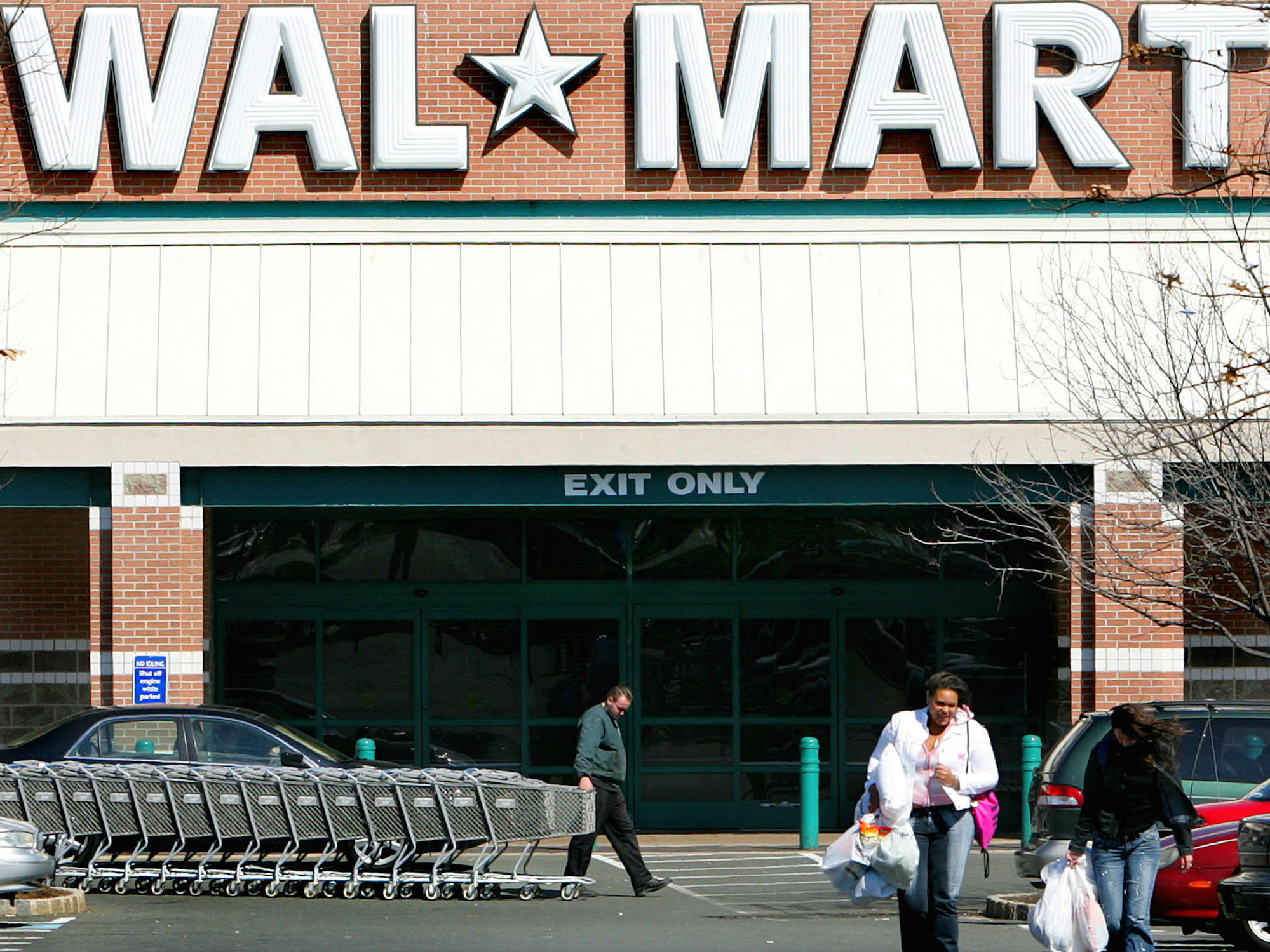- The police have arrested a 23-year-old man in Yuma, Arizona, who they say made fraudulent returns at more than 1,000 Walmart locations across the United States.
- The fake returns cost Walmart roughly $1.3 million, according to authorities.
- Return fraud costs retailers up to $17 billion annually in the US.
A 23-year-old man has been arrested on charges that he ran a return-fraud scheme that cost Walmart an estimated $1.3 million.
Thomas Frudaker was reportedly arrested in Yuma, Arizona, last week after a Walmart employee witnessed the young man attempting to return a computer and contacted the police. According to authorities, Frudaker is believed to have removed parts from the computer before attempting to make the return.
Authorities at the Yuma Police Department say Frudaker made similar fraudulent returns at more than 1,000 Walmart stores across the United States over the past 18 months, costing Walmart roughly $1.3 million.
A Walmart representative declined to confirm the figure but said that the company had been working with law enforcement for several months to apprehend the person responsible for the returns.
"We have strengthened internal processes to identify and help prevent this type of criminal conduct," the company said in a statement. "We appreciate the quick actions of our associate and swift response from the Yuma Police Department, which provided the break to make an arrest."
Frudaker is being charged with two counts of fraudulent schemes, two counts of theft, and two counts of criminal damage, according to the CBS affiliate KSWT.
Return fraud is a major problem in the retail industry, costing retailers up to $17 billion annually in the US.
Best Buy, Home Depot, Victoria's Secret, and a host of other retailers have responded to the threat of fraud by discreetly tracking how often shoppers return purchases and, in some cases, punishing people whom they suspect of abusing the return policies.
Amazon faced backlash earlier this year when customers were barred from the website, in some cases after they were determined to have made too many returns.
